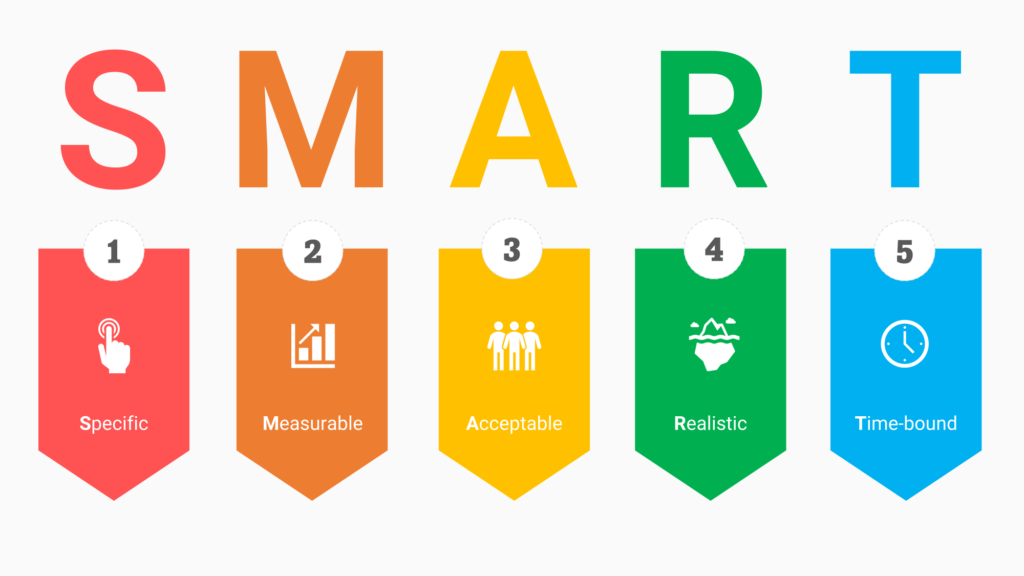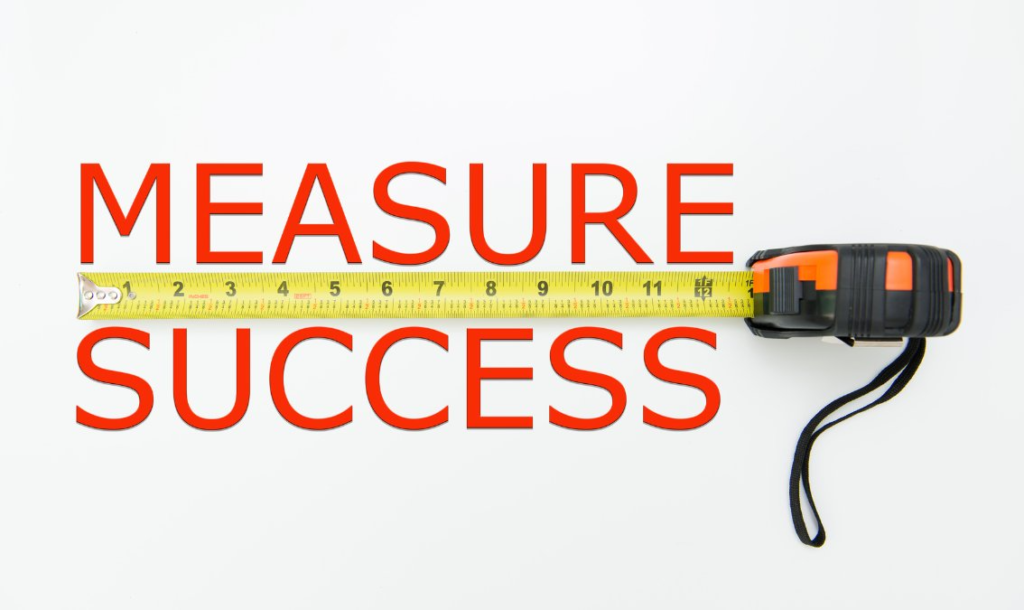Are you tired of setting goals for year resolution and never achieving them? You’re not alone! Many people struggle with how to achieve your goals, following through, and ultimately giving up. But there’s good news! This article will teach you a powerful goal setting process that will help you achieve success in your business, personal life, and everything in between.
What is goal setting ?

The key to sticking with goals lies in actually setting them, not just vaguely aiming for improvement. Unlike a causal decision to run more, a true goal involves clear intention. It starts with defining what you want to achieve, be it a new skill, project, or objective. Then, you create a plan to reach it, complete with specific steps and a timeline. This focused approach, compared to a casual “run more” mindset, requires planning, motivation, and discipline – all essential ingredients for success.
How does goal setting empower you?
Goal setting empowers you to take the wheel of your life or career. These goals act as a guiding light, helping you make decisions and take actions that propel you closer to achieving them.

Furthermore, setting goals fosters a sense of progress and accomplishment, keeping you motivated and productive. This translates to benefits for your organization as well. By establishing goals, you create a clear vision for your company’s future, inspiring both yourself and your team to strive for excellence.
Psychology behind goal setting
According to Edwin Locke’s goal-setting theory, the most effective goals are challenging. Simply put, easier goals lead to less effort. The theory suggests that setting ambitious yet achievable goals motivates us to put in the most work. This article explores Locke’s theory further, delving into the importance of setting realistic goals and fostering self-motivation. By understanding these principles, you can maximize your personal goal achievement or guide your employees towards setting effective goals themselves.
How to achieve goal in 7 steps
The key to achieving goals isn’t just having them, it’s planning how to get there. Merely focusing on the end result is a recipe for failure. A good goal setting process makes you map out the journey, outlining the specific steps needed to accomplish your tasks. This article offers some suggestions to help you do just that.
1. Think your desired results of your goals
Don’t just jump into goal setting! Before diving in, take a critical look at what you truly desire. Ask yourself some key questions: Does this goal resonate with your core values and align with other aspirations you have? Is it something you’re genuinely passionate about, something worth dedicating significant time and effort towards? Remember, goals that lack true passion might not be worth the struggle.

Additionally, avoid overloading yourself with an extensive list. By prioritizing using the questions above, you can identify the goals that matter most right now and channel your energy into achieving those.
2. SMART goal setting
After identifying your true desires, ensure your goals are SMART: Specific, Measurable, Achievable, Realistic, and Time-bound. The cornerstone of SMART goal setting is specificity. This allows you to clearly track progress and determine success.

The more specific your goal, the greater your chances of achievement. For instance, many aim to lose weight but lack specifics on how much or by when. A SMART goal would be “I want to lose 25 pounds by the Fourth of July.” This defines a clear weight target and a completion date.
3. Write down your SMART goal
After identifying your true desires, ensure your goals are SMART: Specific, Measurable, Achievable, Realistic, and Time-bound. The cornerstone of SMART goal setting is specificity. This allows you to clearly track progress and determine success.

The more specific your goal, the greater your chances of achievement. For instance, many aim to lose weight but lack specifics on how much or by when. A SMART goal would be “I want to lose 25 pounds by the Fourth of July.” This defines a clear weight target and a completion date.
4. Create an action plan

Deciding on a goal is only half the battle. To bridge the gap between desire and achievement, you need an action plan.
This roadmap outlines the overall goal and each step required to get you there. Don’t be afraid to get creative! Studies suggests utilizing colorful tools like crayons or markers to craft your plan. This approach is said to activate a different part of your brain, solidifying your goals in your mind and boosting your chances of success.
5. Create a time frame to achieve your each goal

Your action plan shouldn’t just be a list of steps – consider using a timeline maker to bring it to life. This will help you visualize the roles you’ll play, the tasks you need to complete, and the milestones you’ll reach along the way. Most importantly, it allows you to set deadlines for each step. Sticking to these deadlines creates a sense of urgency, keeping you motivated and on track to achieve your goal.
6. Take action

Now that you’ve planned everything out, it’s time to take action. You didn’t go through all that work just to forget about your goal. Every step that you take should lead to another until you finish your goal.
7. Reassess and evaluate your progress

Maintaining motivation is key to conquering your goals. Schedule regular evaluations, perhaps weekly, to assess your progress and revisit your timeline. Seeing the finish line in sight can be a powerful motivator, urging you to persevere. If you find yourself falling behind, don’t be afraid to adjust your schedule and get back on track.
Remember, evaluation isn’t just about progress – it’s also about adapting to changing circumstances. For example, if your work responsibilities shift significantly, you might need to modify your goals to reflect your new reality. A 2021 Gartner study found that only 44% of employees update their goals after major role changes. This can derail your progress and make it difficult to stay aligned with your original objectives. By regularly reviewing and updating your goals, you can ensure you’re constantly focused on the right things and working towards the most relevant achievements.
